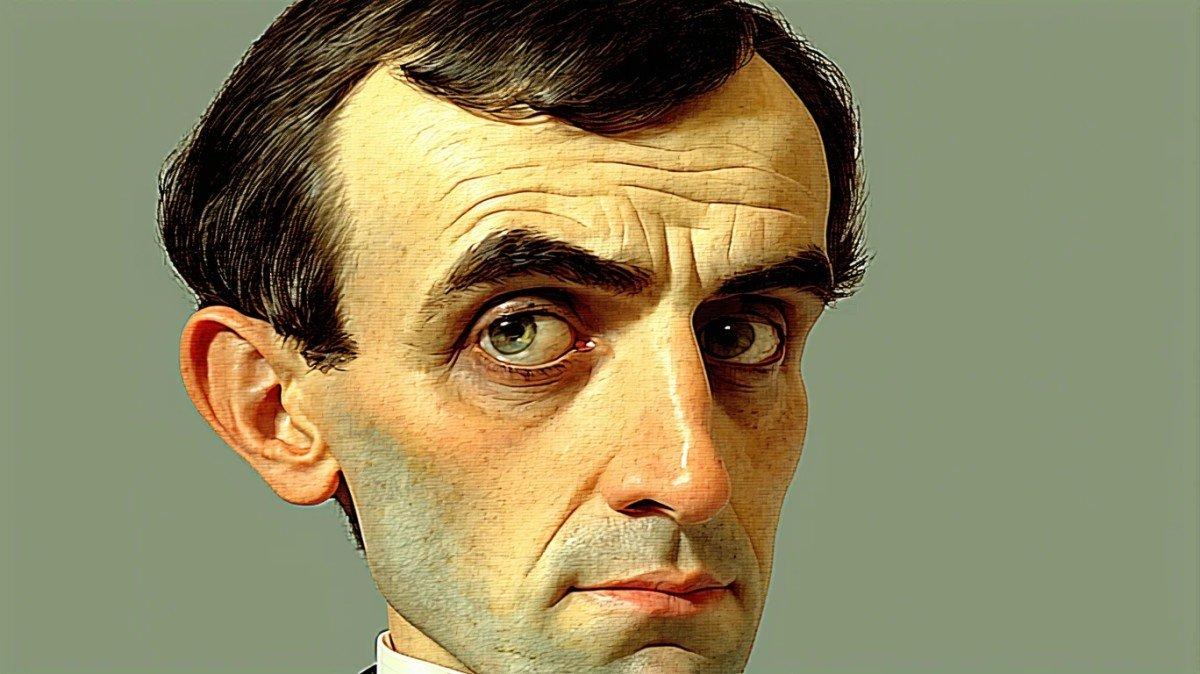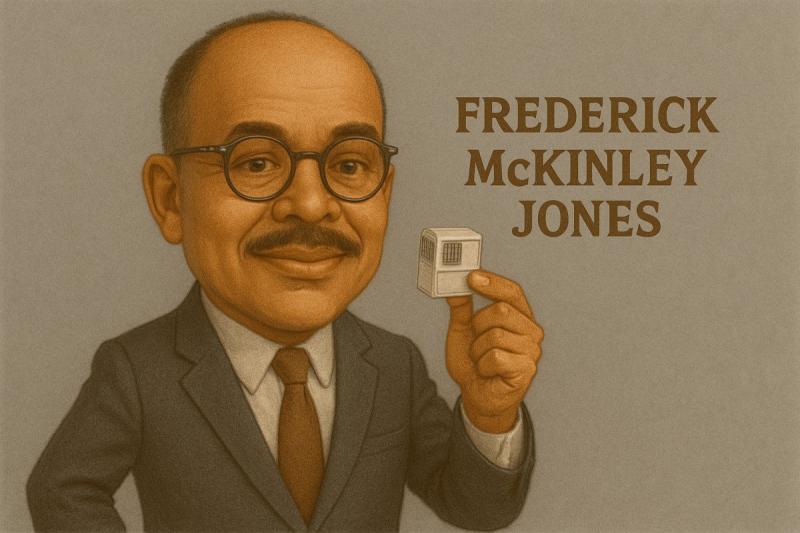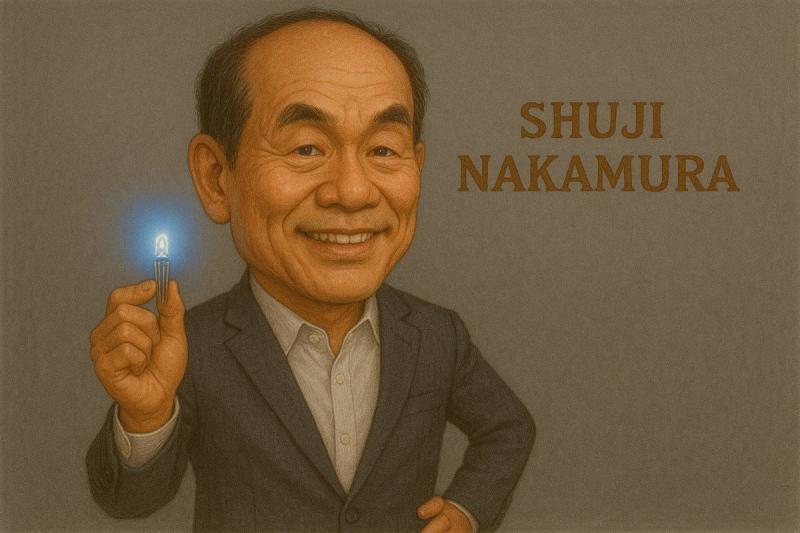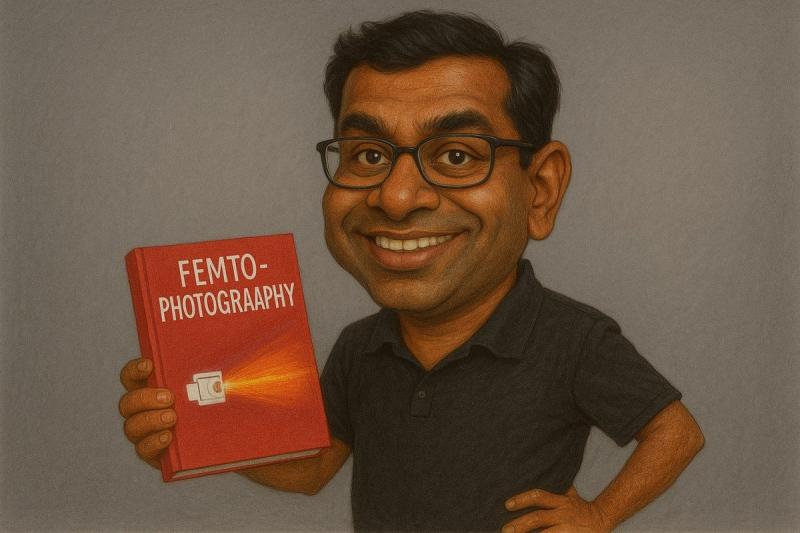Evariste Galois: The Mathematical Rebel Who Changed Algebra Overnight
Ever heard of a math genius who spent his last night alive frantically scribbling equations instead of, I don't know, making peace with the world? That's Evariste Galois for you – arguably the most dramatic mathematician in history. And trust me, that's saying something in a field not exactly known for its flair.
The Brilliant Mind Cut Short
Evariste Galois packed more mathematical brilliance into his 20 years than most accomplished mathematicians achieve in a lifetime. Born in France in 1811, this mathematical prodigy developed groundbreaking theories that would eventually transform algebra and group theory. But here's the kicker – most of his work wasn't recognized until after his untimely death in 1832.
What makes his story so fascinating isn't just his mathematical genius but the absolutely wild circumstances of his short life and dramatic death. We're talking rejection, revolution, and a duel that reads like something straight out of a romance novel – except with equations. Lots of equations.
Academic Struggles of a Misunderstood Genius
You'd think being brilliant would make academic life easy, right? Wrong. Galois was the definition of "too smart for the room."
His entrance exams to the prestigious École Polytechnique? Failed. Twice. Not because he didn't understand the material – quite the opposite. His examiners simply couldn't keep up with his innovative approaches and mental leaps. One examiner reportedly threw an eraser at him in frustration during an oral exam when Galois refused to show his work, claiming the solutions were "obvious."
At the École Normale (his backup school), his professors found him arrogant and difficult. Meanwhile, Galois was submitting revolutionary papers to the French Academy of Sciences, where they were either lost, misunderstood, or rejected. One paper was even handed to Augustin-Louis Cauchy, a leading mathematician, who promptly misplaced it. Talk about peer review gone wrong!
Revolutionary in More Ways Than One
Mathematics wasn't Galois's only passion – the young man had a fiery political streak too. Living during a turbulent period in French history, he became heavily involved in republican causes opposing the monarchy.
In 1831, while still a teenager, he was arrested after making a toast at a political banquet that was interpreted as a threat to King Louis-Philippe's life. This landed him in prison, where he – wait for it – continued developing his mathematical theories. Because what else would you do in jail? :)
After his release, he remained politically active and was arrested again during a political demonstration. The dude just couldn't stay out of trouble.
The Fatal Duel: Love, Honor, or Politics?
Now for the part that makes Galois's story legendary. On May 30, 1832, our mathematical hero died from wounds sustained in a duel. He was just 20 years old.
The traditional story claims the duel was fought over a woman named Stéphanie-Félicie Poterin du Motel. Romantic, right? But many historians now believe the duel might have been politically motivated, possibly a setup by his political enemies.
Whatever the cause, what Galois did the night before the duel is what truly cements his place in mathematical lore.
The Legendary Final Night
Knowing he might die the next day, Galois spent his final night in a feverish state of mathematical creativity. He wrote letters to friends, but more importantly, he frantically documented his mathematical theories – ideas that would eventually revolutionize algebra.
In the margins of his manuscript, he scrawled what might be the most heartbreaking annotation in mathematical history: "I have no time." He knew he was writing against the clock, desperately trying to preserve discoveries he believed were important.
One of his last letters reportedly contained the lines: "I am going to fight tomorrow at daybreak... I have made some new discoveries in analysis. If I die, please send this to Jacobi or Gauss to evaluate, not for their estimation of my worth, but for the truth."
Like, who thinks about math when they're about to face death? Galois, apparently.
The Mathematical Legacy
The true tragedy? Galois's work wouldn't be published for another 14 years after his death. When it finally was, mathematicians quickly realized its revolutionary importance.
What did he discover that was so groundbreaking? Galois developed what we now call "group theory" – an abstract approach to understanding mathematical structures that has applications far beyond what even he could have imagined. His work provided the tools to determine which polynomial equations can be solved by radicals – a question that had stumped mathematicians for centuries.
IMO, this might be the most impressive deathbed achievement in history. While others might write farewell letters or make amends, Galois was solving centuries-old mathematical problems.
Beyond the Mathematics
The story of Galois isn't just about mathematics – it's about genius, passion, and tragedy. It makes you wonder what other contributions he might have made had he lived longer. At just 20 years old, he had already developed theories that mathematicians are still exploring today.
His life also reflects the often-troubled relationship between revolutionary thinking and established institutions. Galois wasn't just ahead of his time mathematically – he was challenging an entire system that wasn't ready for his ideas.
The Lasting Impact
Today, Galois theory is fundamental to modern algebra. His work on permutation groups and solvability has influenced fields from cryptography to quantum physics. Not bad for a rebellious young man who never even received a college degree!
What's particularly fascinating is how Galois's approach to mathematics was so revolutionary that it took decades for other mathematicians to fully understand and appreciate it. He wasn't just solving existing problems – he was creating entirely new frameworks for thinking about mathematics.
What Can We Learn From Galois?
Galois's brief life reminds us that genius doesn't always fit neatly into established systems. Sometimes the most revolutionary ideas come from outsiders who challenge conventional thinking.
It also raises questions about how we nurture brilliance. Would today's educational system recognize and support a mind like Galois's? Or would he still find himself at odds with institutions unable to accommodate his unconventional thinking?
Ultimately, Evariste Galois's story is a reminder of both the fragility and durability of human achievement. His life was cut tragically short, but his ideas have achieved a kind of immortality, continuing to influence mathematics nearly two centuries after that fateful duel.
So next time you're cramming for a math test, remember Galois – the guy who changed algebra overnight, literally. Talk about deadline pressure!



